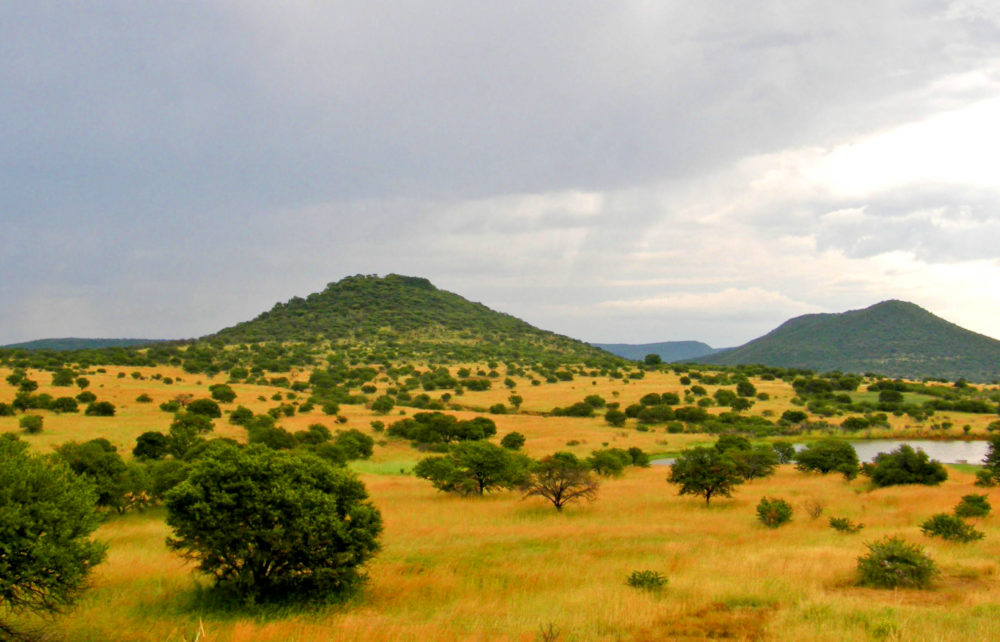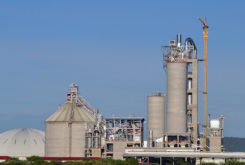Angola and Mozambique are among 11 countries in Africa and Central Asia to benefit from an ambitious USD 104 million program to safeguard drylands in the context of climate change, fragile ecosystems, biodiversity loss, and deforestation.
Funded by the Global Environment Facility and led by the Food and Agriculture Organization of the United Nations (FAO), the Sustainable Forest Management Impact Program on Dryland Sustainable Landscapes helps pave the way for initiatives linked to the UN Decade on Ecosystem Restoration.
The Program will be implemented in partnership with the International Union for the Conservation of Nature, the World Bank, and the World Wildlife Fund.
The Program will involve work across three critical dryland biomes – the Miombo and Mopane ecosystems of Southern Africa, the savannas of East and West Africa, and temperate grasslands, savannas, and shrublands of Central Asia – to avoid, reduce, and reverse land degradation through sustainable land and forest management.
Sub-Saharan Africa Recovery Slowed by Weak State of Public Finances
The 11 countries covered are: Angola, Botswana, Burkina Faso, Kazakhstan, Kenya, Malawi, Mongolia, Mozambique, Namibia, Tanzania, and Zimbabwe.
Maria Helena Semedo, FAO Deputy Director-General, said at the launch event that, “as a multifocal and integrated initiative, the Program will support countries in addressing common dryland management challenges and result in numerous benefits in areas of land degradation, biodiversity and climate change and food security.”
The program will bring 12 million hectares of drylands under sustainable land management, of which 1.1 million hectares will primarily benefit biodiversity and avoid deforestation of 10,000 hectares of high conservation value forests. The program will also reach more than 1 million direct beneficiaries, improve the management effectiveness in 1.6 million hectares of protected areas, restore nearly 1 million hectares of degraded land in the drylands, and reduce 34.6 million tons of greenhouse gas emissions.
Through the next five years, the Program sets the ground for accelerated action under the Decade on Ecosystem Restoration and will advance the national and global efforts in supporting countries in meeting their commitments under several international accords, including the Paris Agreement, Convention on Biological Diversity, United Nations Convention to Combat Desertification, Bonn Challenge, AFR100, and the Sustainable Development Goals. Drylands cover over 40 percent of the Earth’s landmass and are home to around two billion people, supply about 60 percent of the world’s food production, and support a wide array of critical biodiversity.




